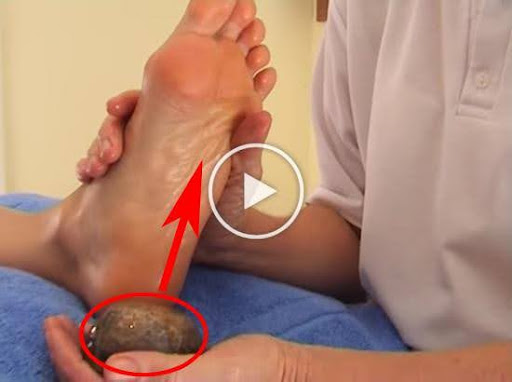Hey,
Want to get rid of cramps, fatigue, and pain...
In just 20 seconds a day?
Just follow this weird "detox massage" trick...
It's quick and easy to do...
Yet clinical trials show that it works ALL THE TIME:
1) Lay in your bed...
2)
Just squeeze THIS on your foot for 2 seconds...
And FLUSH OUT all the toxins and pain from your body overnight.
 ⇒ "Detox Massage" Trick FLUSHES OUT Pain, Fatigue, & Cramps.
⇒ "Detox Massage" Trick FLUSHES OUT Pain, Fatigue, & Cramps.

gress also lacked the power to regulate foreign and interstate commerce. Britain, France and Spain imposed restrictions on American ships and products, while the U.S. was unable to coordinate retaliatory trade policies. When Massachusetts and Pennsylvania placed reciprocal duties on British trade, neighboring states such as Connecticut and Delaware established free ports to gain an economic advantage. Some states even began applying customs duties against the trade of neighboring states. In 1784, Congress proposed an amendment to give it powers over foreign trade; however, it failed to receive unanimous approval by the states. Many upper-class Americans complained that state constitutions were too democratic and, as a result, legislators were more concerned with maintaining popular approval than doing what was best for the nation. The most pressing example was the way state legislatures responded to calls for economic relief. Many people were unable to pay taxes and debts due to a post-war economic depression that was exacerbated by a scarcity of gold and silver coins. States responded by issuing paper currency, which often depreciated in value, and by making it easier to defer tax and debt payments. These policies favored debtors at the expense of creditors, and it was proposed that Congress be given power to prevent such populist la







